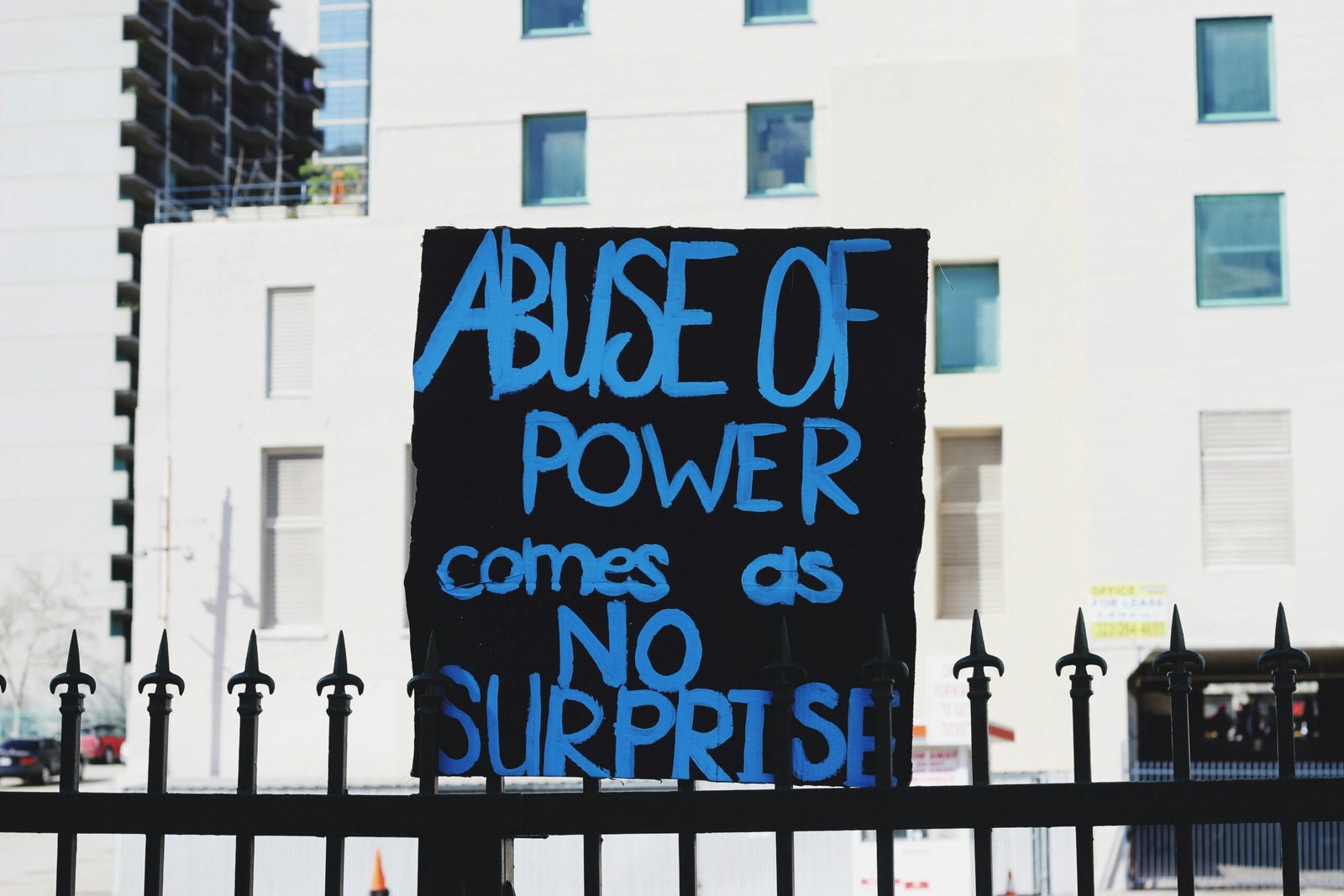The Dark Legacy of Elon Musk: Controversies and Conspiracies

From Apartheid Roots to Tech Oligarch
Elon Musk’s early life serves as a critical backdrop to understanding his complex character and contentious actions in the public arena. Born in Pretoria, South Africa, in 1971, Musk grew up during a period of intense societal division rooted in the apartheid regime. This historical context undoubtedly shaped his worldview and his approach to both business and technology. Raised in a family with considerable socio-economic status—his father having a stake in a successful emerald mine—Musk experienced privileges that provided him opportunities unavailable to the majority of South Africans during our divided era.
The cultural and familial influences of Musk’s youth contributed significantly to his relentless pursuit of success. His mother, a model and dietitian, instilled in him a sense of ambition and hard work, qualities that later propelled him into the spotlight in the tech industry. However, the apartheid environment also exposed him to both systemic inequality and the implications of wealth and power disparities. Such experiences could be seen as a double-edged sword, fostering a drive for innovation while simultaneously cultivating a perception of detachment from societal struggles.
As Musk transitioned into the tech world, he became emblematic of a new breed of oligarchs who now define the landscape of modern capitalism. His ventures, ranging from PayPal to Tesla and SpaceX, have transcended conventional business models, yet his rhetoric and actions often evoke controversy. The juxtaposition of his formative experiences against the backdrop of an increasingly polarized society illuminates a figure caught between visionary leadership and an oligarch’s privilege. This nuanced background may provide insight into Musk’s motivations and the real implications of his influence in shaping technological and societal paradigms today, raising important questions about accountability and ethical responsibility in innovation.
Spreading Ideologies of Hate and Division
Elon Musk, as a prominent billionaire and social media influencer, wields significant power in shaping public discourse. His activity on platforms like Twitter has drawn scrutiny, particularly regarding the propagation of conspiracy theories that align with ideologies of hate and division. Instances where Musk has made remarks that can be interpreted as supportive of white supremacy or eugenics have sparked widespread debate. For example, his social media posts occasionally echo sentiments that can be linked to extremist views, thereby unsettling many observers.
One notable aspect of his discourse is his engagement with theories that question established scientific consensus, particularly concerning race and genetics. Critics argue that such comments, often framed as debates on freedom of speech or intellectual discourse, instead serve to legitimize and amplify extremist views. This normalization of fringe theories can have far-reaching implications, fostering an environment where divisive ideologies thrive unchallenged.
The impact of Musk’s statements extends beyond mere online interactions; they influence societal attitudes toward sensitive topics such as race and genetics. By leveraging his massive platform, Musk potentially shifts the narrative in ways that can embolden those with hate-filled agendas, contributing to a broader culture of online hostility. The responsibility of a public figure of his stature is profound, as words can play a crucial role in either promoting understanding or exacerbating division.
Critics highlight the need for accountability in the realm of social media, urging influencers such as Musk to recognize the consequences of their rhetoric. The potential for misinformation and harmful ideologies to proliferate underscores the significance of responsible discourse. As discussions around race and genetics continue to evolve, the role of influential figures in shaping these narratives cannot be understated, making the examination of Musk’s statements both timely and essential.
Attacks on Marginalized Communities
Elon Musk, a prominent figure in the technology and business sectors, has faced considerable scrutiny regarding his interactions with marginalized communities, particularly transgender individuals and organized labor. His public comments on trans issues have been widely criticized, often dismissed as insensitive or derogatory. Such rhetoric not only alienates transgender individuals but also perpetuates a stigma that can have damaging effects on their mental health and societal acceptance. By propagating harmful stereotypes, Musk’s statements contribute to a culture of discrimination that is increasingly visible and detrimental in contemporary society.
In parallel with his controversial comments, Musk’s corporate policies have also raised eyebrows, particularly concerning labor rights. As the head of multiple companies, Musk has been accused of fostering environments that prioritize profit over the welfare of workers. Reports of anti-union tactics at Tesla and SpaceX workplaces highlight a broader trend where business interests overshadow the rights of employees. This neglect for organized labor undermines the progress made towards workers’ rights, often leaving employees vulnerable in the face of powerful corporate interests.
The implications of Musk’s approach extend beyond individual businesses; they reflect a wider culture in which marginalized communities, including laborers and LGBTQ+ individuals, find themselves increasingly at risk. The pushback against Musk’s rhetoric and policies is significant, with advocacy groups and affected individuals vocalizing their concerns. These communities are mobilizing to reclaim their rights and dignity, emphasizing that such public figures must be held accountable for their words and actions. As society continues to grapple with issues of representation and equity, it remains crucial to assess the effects of influential figures like Musk on these vulnerable populations. In conclusion, the intersection of his behavior toward transgender individuals and his stance on organized labor underscores a need for ongoing dialogue and action to address the systemic injustices faced by marginalized communities.
The Cesspool Effect: Social Media and Radicalization
In the recent acquisition of a prominent social media platform, Elon Musk’s management decisions have raised significant concerns regarding the rise of hate speech and radicalization online. His approach to content moderation and user engagement has arguably created an environment where conspiracy theories and extremist ideologies can flourish unchecked. This is particularly alarming considering the power that social media holds in shaping public discourse and influencing behavior.
The implications of Musk’s leadership on such a widely used platform cannot be overstated. The surge in hate speech and radical content following lax moderation policies evidences a worrying trend where individuals are drawn into echo chambers that reinforce their beliefs without challenge. This phenomenon, often referred to as the “cesspool effect,” can lead to dangerous real-world consequences, as radicalized users may feel emboldened to act on their extreme beliefs.
Furthermore, the wider context of misinformation in contemporary society complicates the matter. In an era characterized by an abundance of digital information, discerning fact from fiction becomes increasingly difficult. This confusion is exacerbated when influential figures, such as Musk, lend their credibility to questionable narratives, either by omission through inaction or by active promotion. The responsibilities of tech leaders extend beyond profit margins; they must prioritize the ethical implications of their platforms and the societal impact of their decisions.
Therefore, accountability in digital spaces is paramount, especially with influential personalities at the helm. The necessity for robust mechanisms to combat misinformation and hate speech remains a pressing issue that calls for collaborative effort between tech companies, governments, and civil society. In maintaining the integrity of digital communication, the role of leadership in steering social media towards a more cautious and responsible path cannot be overlooked.




